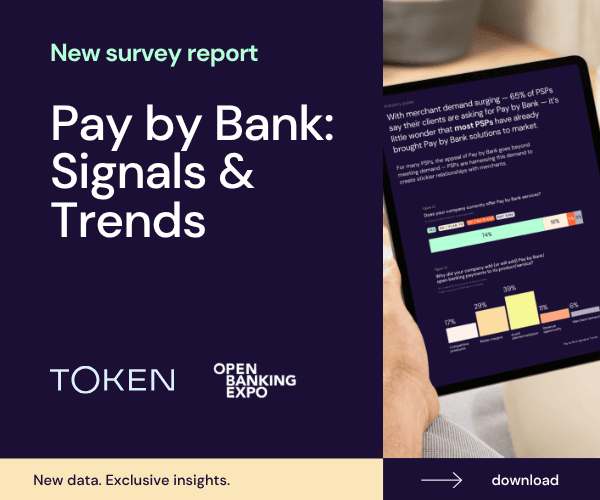
What does a typical robo-advice client look like?
Joe McGrath | News
06 Mar 2020
The preferences of the average robo-adviser client in Germany provide an approximation of the bank clients of the future, as robos are forecast to grow their assets under management significantly by 2025, according to a new research paper by Deutsche Bank.
The paper, ‘German robo-advisors: March of the machines driving passive investments’, reveals that the “pioneer” robo-clients are largely male and middle-aged, with an income, on average, three times that of a typical bank client.
According to the paper, which is authored by Orcun Kaya, a senior economist at Deutsche Bank, pioneer clients are “digital natives who will probably dominate the society in the future”.
The paper concluded that while German robo-clients “value full control and autonomy in their financial decisions and deal with financial matters mostly online”, they still visit bank branches “quite frequently”.
This means that in future, banks should continue to invest to increase their digital offerings and speed, while keeping the core of their traditional access points as they ensure their offering meets the expectations of these clients.
According to Kaya, the number of robo-advisers in Germany stood at 25 in 2019 and, following a number of more established players entering the space, assets under management of robo-advisers increased from €0.3bn in 2016, to €4bn last year.
In the paper, the author forecast that German robo-advisers will probably manage €25bn to €35bn by 2025.
The research paper also offered some insight into the way robo-clients access information, with 37% of them preferring to receive information on their finances in real-time through emails and push-notifications.
Robo-clients were also found to value speed and ease-of-use over traditional forms of client contact with the paper concluding the banks that use social networks, blogs, video-sharing, as well as websites and e-mails to share information have a comparative advantage in attracting these clients.
Deutsche Bank’s Kaya also revealed that those clients currently using robo-advisers are individuals who value a high standard of living, status and ownership, with this group accounting for 35 per cent of robo-clients, and generally displaying a “liberal way of thinking and a desire for personal development”.
The second largest group of robo-clients at 32 per cent comprises those who test new approaches and like exploring and focusing on new things, and who usually have a “global economic mindset”, as well as ebing technically inclined and IT-minded.
The third group, to which 22 per cent of robo-clients belong, prefers to “preserve the status quo and has a higher desire for order and balance”, according to the research paper.



